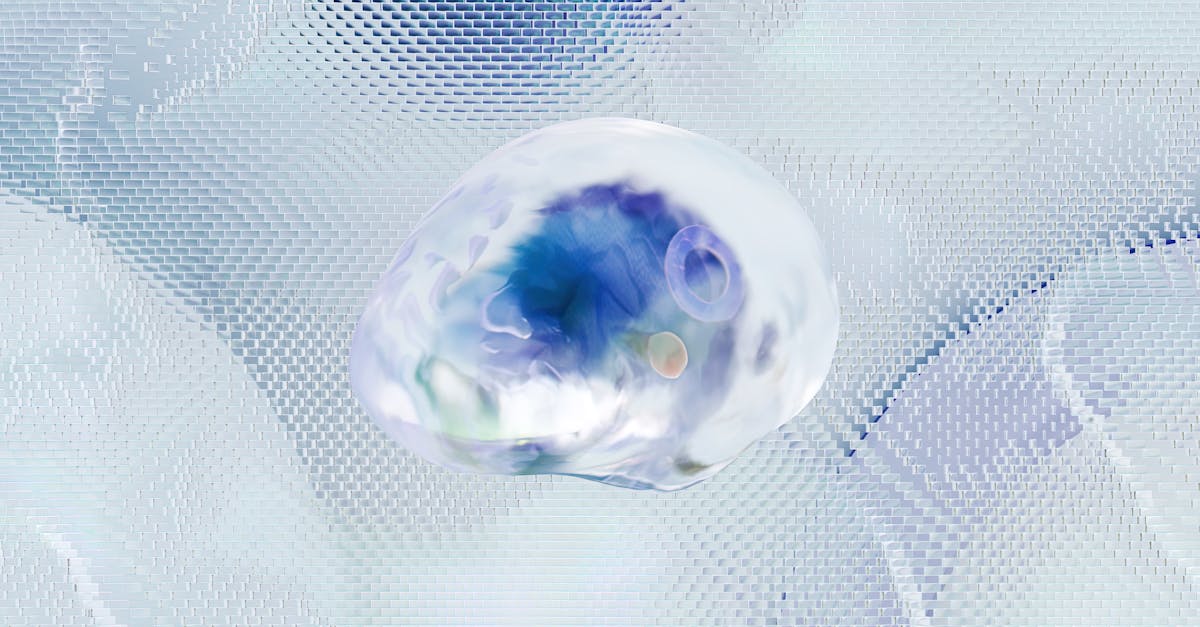
Dr. Elara Voss injected the serum into her arm, the needle’s cold bite sharp against her skin. The lab’s fluorescent lights hummed, casting a sterile glow over the rows of vials and data screens. She had spent three years refining the formula, isolating its effects on neural pathways, but tonight, she wasn’t testing it on a subject. She was testing it on herself. The memory she sought to erase had clawed at her for over a decade—a single night, a car crash, her brother’s voice fading into static. She pressed the syringe’s plunger, watching the liquid seep into her bloodstream.
The first dose was subtle. A flicker of unfamiliar laughter in her mind, a scent of saltwater she hadn’t encountered in years. She dismissed it as fatigue, but by dawn, the dreams began. She stood on a beach at midnight, the waves crashing against her ankles, the air thick with the tang of brine and something else—smoke? Her fingers brushed a locket she didn’t own, its surface etched with a name that wasn’t hers. When she woke, her hands were damp, her throat raw with the taste of salt.
The second dose came two nights later. She injected it without hesitation, her pulse steady. This time, the memory was sharper: a child’s laughter echoing through a sunlit courtyard, the warmth of a hand in hers. She saw herself—no, not herself—kneeling to tie a shoelace, her hair streaked with silver. The image dissolved before she could grasp it, leaving her breathless. Her lab notes, once meticulous, now sprawled across pages in jagged script, mixing timestamps and names that didn’t belong to her.
Dr. Kessler found her hunched over a terminal, her eyes wide, unblinking. “Your data’s inconsistent,” he said. “The neural spikes don’t align with the serum’s effects.” Elara didn’t look up. She was tracing a pattern in the static of a brain scan, a spiral that mirrored the locket’s engraving. “It’s not malfunctioning,” she murmured. “It’s… expanding.”
The third dose was a mistake. She’d intended to taper off, but the memories had become too vivid, too urgent. She injected the serum in a panic, her hands shaking. This time, the visions came in waves: a battlefield drenched in rain, her own voice shouting orders; a courtroom where she stood accused, her reflection staring back with eyes that weren’t her own. She stumbled into the lab’s shower, the water scalding her skin as she tried to scrub the images away. When she emerged, her reflection was different—older, wearier, her lips curled in a smile that didn’t belong to her.
Colleagues began to notice. Dr. Kessler caught her staring at a wall for minutes at a time, her gaze distant, as though listening to something beyond the room. “You’re not yourself,” he said. Elara didn’t deny it. She was no longer certain who she was. The serum had unraveled her, stitching together fragments of lives she’d never lived. Her notes now read like a mosaic of stolen moments, timelines colliding in a cacophony of voices.
On the night she vanished, the lab’s security feed captured her standing in the doorway, her eyes flickering with a light that wasn’t human. The final log entry on her terminal was brief, scrawled in a hand that wasn’t entirely hers: “It’s not a memory. It’s a network. They’re inside me now.” When the police arrived, they found the lab empty, the serum vials scattered like relics. The only clue was a single phrase etched into the glass of a brain scan: “Shared consciousness.”
No one knows if Elara is lost or transformed. Some say she’s a pioneer, a mind unshackled from time. Others believe she’s a vessel, her consciousness overwritten by something older, deeper. The serum remains in the lab, its vials untouched, its effects a mystery. But the whispers persist—the sound of laughter in empty rooms, the scent of saltwater on the wind, a voice that isn’t yours calling your name.


